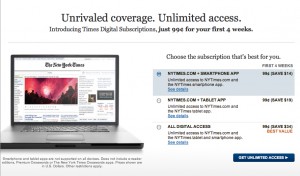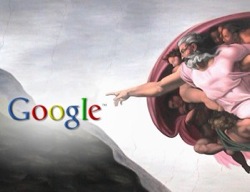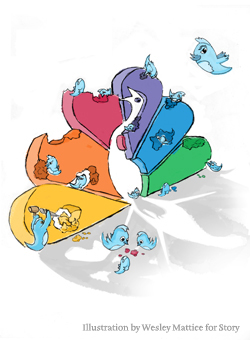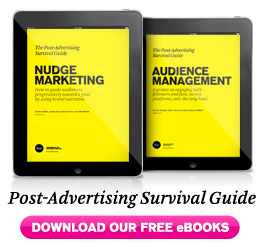
The Future of Publishing Begins with Survival
Storytelling is a tradition that will exist as long as humans inhabit the Earth. It’s in our DNA. The tools we use, however, have changed and will continue to change. We’ve moved on from cave paintings to the written word, from parchment paper to word processors. We’ve even seen the printed word slowly disappear as we move on to electronic readers, like the Kindle and Nook, which allow users to store hundreds of books on a single device.
Another monumental change has occurred just in the past 20 months or so. With the introduction of the iPad and other tablet devices that followed shortly thereafter, readers are able to dive deeper into content than ever before. So it’s no surprise that when Razorfish chairman Clark Kokich wanted to write a book, he decided that the only appropriate way to do so was to bypass traditional publishers and create it as an interactive application. See the demo below.










